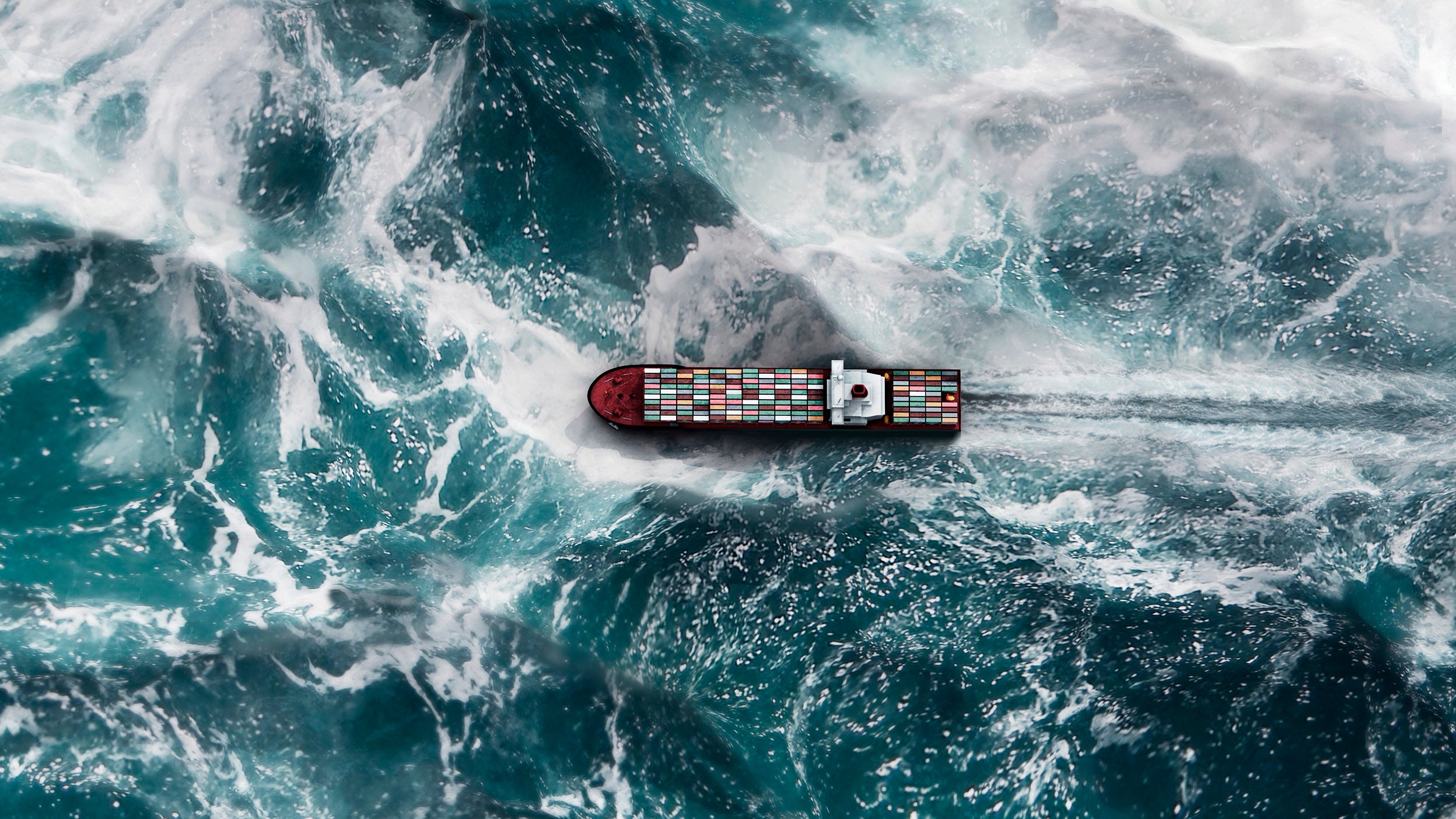
Will high tariffs push the US into recession?
As a trade war rages, a massive market sell-off in the US and around the world raises many questions for investors.

The French snap parliamentary election resulted in a hung parliament dominated by three blocs – the left, the centre, and the far-right – none of them able to command an absolute majority.
Negotiations to form a government are ongoing and will take time. The current government led by Gabriel Attal will remain in place in a caretaker role over the summer.
Any government that emerges from the ongoing negotiations is likely to be a minority government. It will need to find ad hoc majorities on a case-by-case basis. Its first test will be the budget in the Autumn.
On 9 June, President Macron called snap legislative elections in France on the back of his party’s defeat to the far-right in the European Parliament election. Calling the snap election was designed to take his political opponents by surprise, but this high-risk gamble largely failed. Macron’s party lost nearly 80 MPs and became the third political group in the French parliament, having previously been the largest.
The left and the far-left managed to unite unexpectedly under the same banner – the Nouveau Front Populaire (NFP) – winning 184 seats (up from 127) and forming the largest political group. The far-right Rassemblement National (RN) also made significant progress in coming second (143 seats, up from 89) but its success was contained by the “Republican Front” in the second round of voting, with most political parties uniting against RN’s candidates. Despite this setback against expectations, the far-right remains in a strong position ahead of the 2027 presidential election.
The overall result is a hung parliament and a political situation that has become even more unclear and uncertain than before the election.
Forming a new government will be a long, challenging process. French political parties do not have the same political traditions as those in Germany or Spain where negotiating and making compromises to form a coalition is a well-trodden path.
The power to appoint a new Prime Minister rests with the President. In the absence of a clear majority in parliament, President Macron’s judgement regarding who is best positioned to form a stable, functioning government will be key. The President made clear he would not appoint a new Prime Minister before the end of the Olympic Games but there is no deadline mandated by the French Constitution to appoint a Prime Minister. However, there will be continued pressure to form a government before parliament reconvenes in the first week of September.
The current government led by Prime Minister Gabriel Attal will remain in place until a new government takes over but it will only have a caretaker role. It will not be able to take any major political or policy initiatives.
The left-wing alliance came first at the election and has claimed that it has the legitimacy to put forward a name for Prime Minister. On 23 July, the NFP agreed on a consensual but largely unknown figure, Lucie Castets, a former French official – but President Macron has so far refused to appoint her to the role, arguing that she did not have enough support in parliament. The centre-right Les Republicains, with 65 MPs, have ruled out joining a government but proposed a legislative plan they could get behind on a case-by-case basis. President Macron’s centrist alliance still hopes to build a majority with centre-left and centre-right MPs, but it will likely fall short of an absolute majority.
The President cannot dissolve parliament again for another 12 months – meaning that a solution will have to be found to run the country based on this parliament for the next year, before fresh elections can be called. Positioning ahead of the 2027 Presidential Election – for which President Macron cannot run as he would have completed his two terms – is also an important consideration for party leaders. This only makes the necessary compromises to form a coalition government even more difficult.
In the absence of a clear path to form an absolute majority in this fragmented parliament, the next government is likely to be a minority government. Three main scenarios at this stage are as follows:
| Left-wing led government | Technocratic government | Centre-right government |
|---|---|---|
| A left-wing policy agenda is unlikely to be fully implemented, but some measures could be forced through parliament or enacted using executive orders (e.g., increase of the minimum wage to €1,600 p/m) | Led by a neutral figure, such as a former senior official or political figure, a technocratic government would lead the country until the next election. It would only be able to put forward measures on which there is consensus and would aim at stabilising public expenditure | Supported by Macron’s party, Renaissance, and centre-right MPs, the overall direction of policy would shift to the right (e.g., tougher stance on security and immigration, opposition to tax increases, labour law/tax reform etc.) |
Power will shift away from President Macron and back to the parliament. The President will retain core competencies over foreign policy and defence, but the budget and other domestic policies will be the sole responsibility of the government and parliament. However, the government will have limited control over the Bills it lays before parliament which creates uncertainty regarding the direction of policymaking. Bold, structural reforms are unlikely to take place as a result. Nevertheless, some of the most controversial reforms implemented in the past few years, including recent pension reforms, could be repealed.
The state of France’s public finances will remain a major concern for the next government. Debt reached more than 110% of GDP in 2023, with an annual public deficit of 5.5% of GDP. This led to the European Commission, in June, launching an excessive deficit procedure against France. France will have to present its long-term plan for improving public finances to the European Commission by 20 September. The discussion on the budget, which will be the first big test of the new government, will follow in the fourth quarter.
Beyond the government’s domestic agenda, France’s influence at EU level will also be affected by its political uncertainty. It is becoming increasingly clear that President Macron will struggle to defend the same, ambitious European agenda he previously pursued.
With contributions from Flint Global.

As a trade war rages, a massive market sell-off in the US and around the world raises many questions for investors.

In our monthly market roundup for February, Invesco experts give a rundown of a mixed month for global equity markets, as well as an update on fixed income markets.

With policy uncertainty rattling markets and consumer sentiment, it’s important to remember the market's long-term growth throughout its history.


Sign up to receive the latest insights from Invesco’s global team of experts and details about on demand and upcoming online events.
The value of investments and any income will fluctuate (this may partly be the result of exchange rate fluctuations) and investors may not get back the full amount invested.
All data as of August 8th, 2024, unless otherwise stated.
Views and opinions are based on current market conditions and are subject to change.
EMEA:3762047